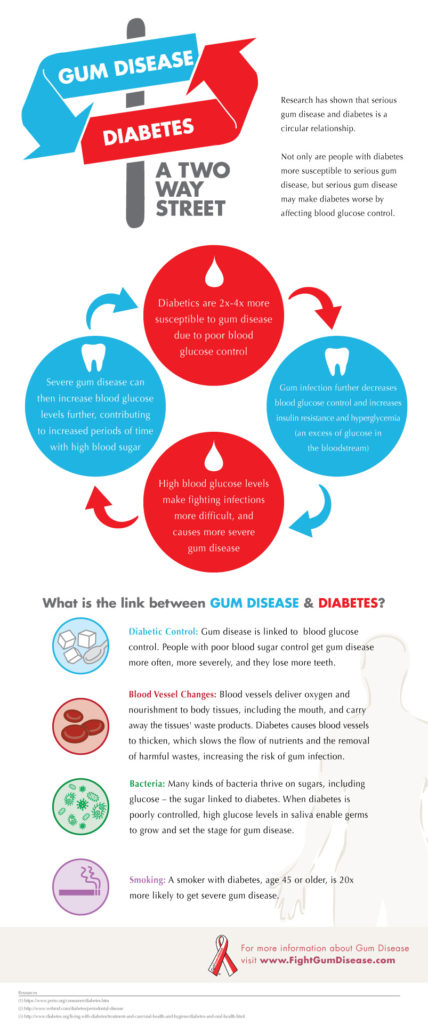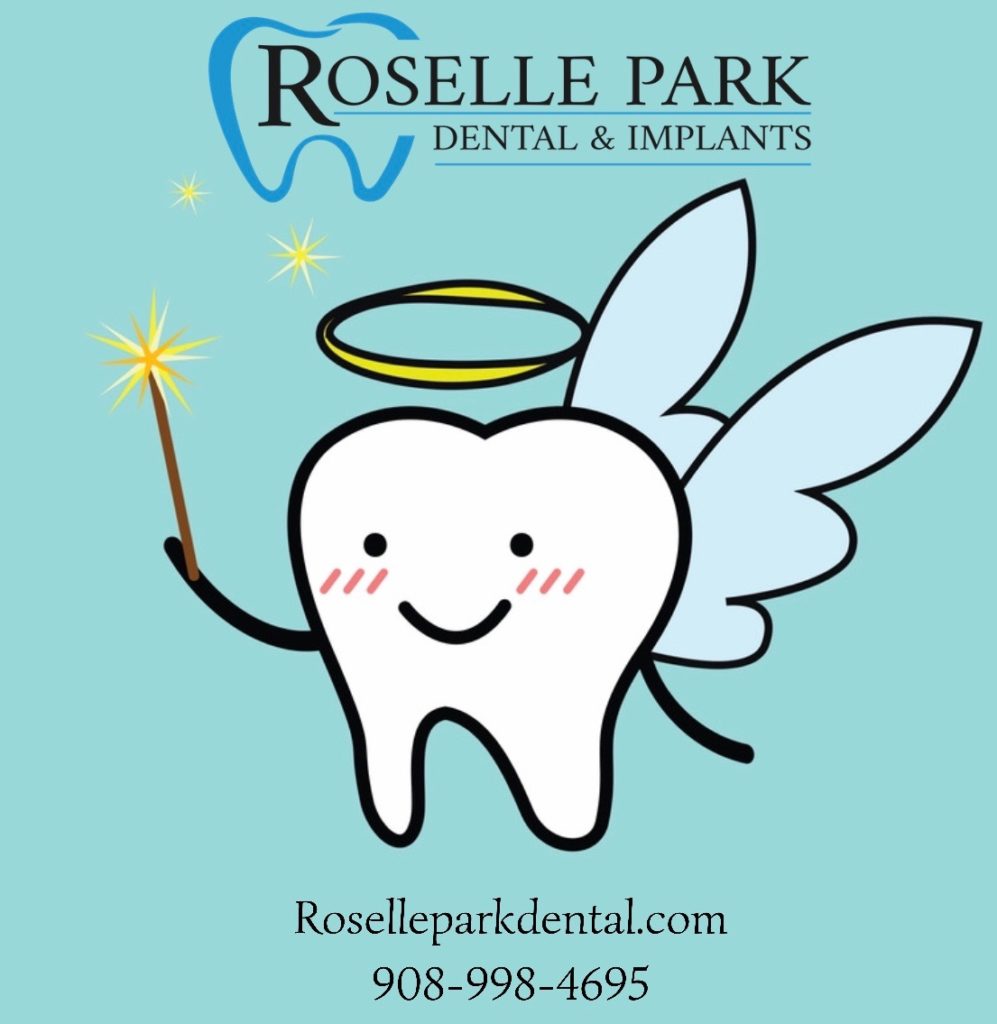
Wondering what the going rate for a lost tooth is these days? Find out …
Call us today to schedule your next dental cleaning and checkup: 908-998-4698!

August 22, 2019

Wondering what the going rate for a lost tooth is these days? Find out …
Call us today to schedule your next dental cleaning and checkup: 908-998-4698!
August 15, 2019
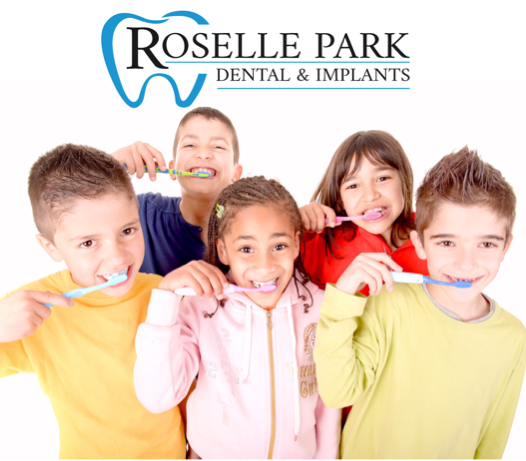
We all know that fluoride is an important part of caring for our children’s teeth. But how much do they need? And how do we know how much they are actually getting? Read on to get answers to all your fluoride questions.
What is Fluoride and How Does it Get into the Water?
Fluoride is derived from fluorine, which is a naturally occurring element in the Earth’s crust. Years of study have shown that consuming fluoride – and applying it to the surface of the teeth – helps to protect teeth from decay.
The Centers for Disease Control and Prevention (CDC) shows that over 60% of people living in the United States get fluoride through their tap water. In some instances, the fluoride is added to the water source and in others it is naturally occurring. The optimal level of fluoridation in water is 0.7 milligrams per liter. Call your local water authority or public health department to inquire about your fluoride levels.
If you and your family drink mostly bottled water or water from a reverse osmosis filtration system, then you are probably not consuming any – or only very little – fluoride. Most bottled water has none, and the filtration systems remove most of the fluoride from tap water. Water filters such as Brita or PUR pitchers do not remove fluoride.
Why Does Fluoride Matter for Our Dental Health?
Fluoride protects teeth in two ways. When it is ingested, it strengthens the tooth’s structure. When it is applied to the surface of teeth – via toothpaste, mouth rinse, or a fluoride treatment – it creates a barrier that prevents bacteria found in plaque from breaking down tooth enamel, which over time will lead to decay and cavities.
According to the CDC: “For 70 years, people in the United States have benefited from drinking water with fluoride, leading to better dental health. Drinking fluoridated water keeps teeth strong and reduces cavities by about 25% in children and adults.”
Does Your Child Need a Fluoride Supplement?
To answer this question, you must first determine the age of your child and if they are consuming fluoridated water or not. Babies under the age of six months old do not need any fluoride supplementation. Only if your water supply is not fluoridated would your dentist or pediatrician prescribe a fluoride supplement – such as a vitamin, tablet or drops – for your child after the age of six months.
While it is important to start brushing baby teeth as soon as they start coming in, using a fluoride free training toothpaste for the first few years of a child’s life is recommended to prevent them from ingesting too much. Once a child has mastered the ability to spit while brushing, switch to a fluoride toothpaste, but still only use a pea-sized amount on their brush. An adult should always be present while young children are brushing with paste containing fluoride, since too much fluoride can be harmful for children.
Visit us online or call today to learn more about your child’s fluoride needs – 908-998-4698.
August 13, 2019

You find yourself instinctively covering your mouth with your hand whenever you laugh. When someone pulls out a camera, you find any excuse to not be in the picture. If this sounds like you, odds are you have issues with the appearance of your pearly whites. Maybe they aren’t so white anymore. Maybe they’re misaligned or strangely shaped. Whatever your complaint with your smile, your cosmetic dentist in Roselle Park can soothe your woes. Continue reading to learn how.
(more…)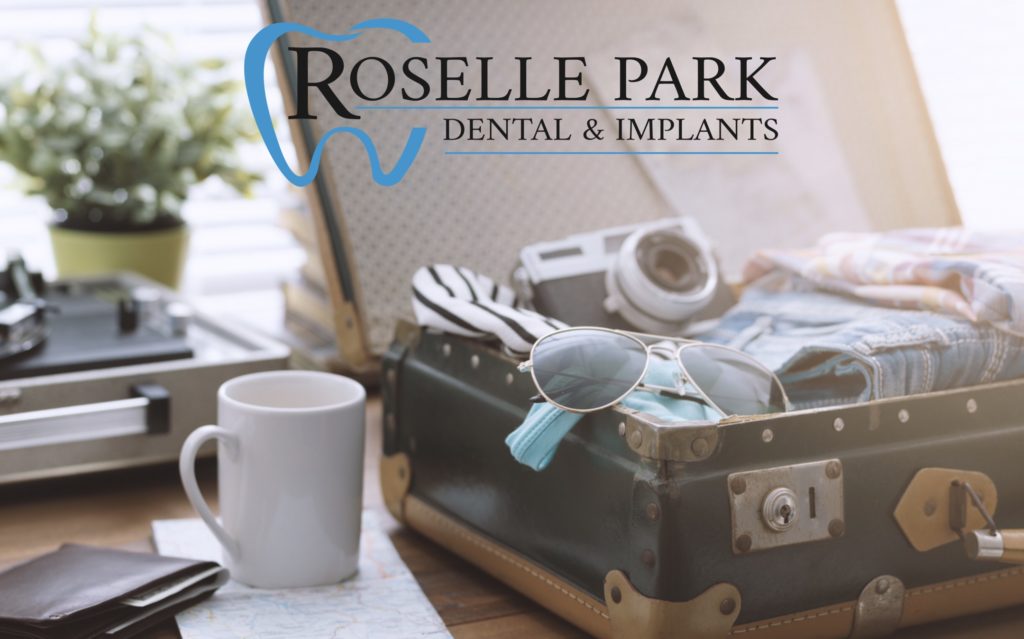
Sunscreen? Check. Phone charger? Check. Toothbrush? Oops. If you find yourself temporarily without a toothbrush, you can rinse vigorously with water to wash away some of that cavity-causing bacteria. You could also put some toothpaste on a clean washcloth or your clean finger in a pinch. When you finally get to the nearest drugstore, look for a toothbrush with the ADA Seal of Acceptance. If there aren’t any Seal products, buy the softest brush you can find
(Source: www.mouthhealthy.org/en/travel-tips)
August 6, 2019

Today, August 6th, is national fresh breath day, so be sure to brush and floss today – and every day – in celebration!
There is nothing more embarrassing than realizing that your breath has a foul odor mid-conversation. And this scenario is just as unpleasant for the person you are talking to as well! Bad breath, or “Halitosis”, is most commonly caused by dental cavities, gum disease, poor oral hygiene, or a coating on the tongue, usually due to inflammation. Other causes include dry mouth, infection, intestinal issues, diabetes, and malnutrition.
Taking good care of your teeth and gums is the best way to ensure fresh breath. Here are some tips to follow daily to prevent bacteria and plaque from building up in your mouth:
Every day is Fresh Breath Day at Roselle Park Dental & Implants! Come celebrate with us – call us today to schedule your next dental cleaning and checkup: 908-998-4698!
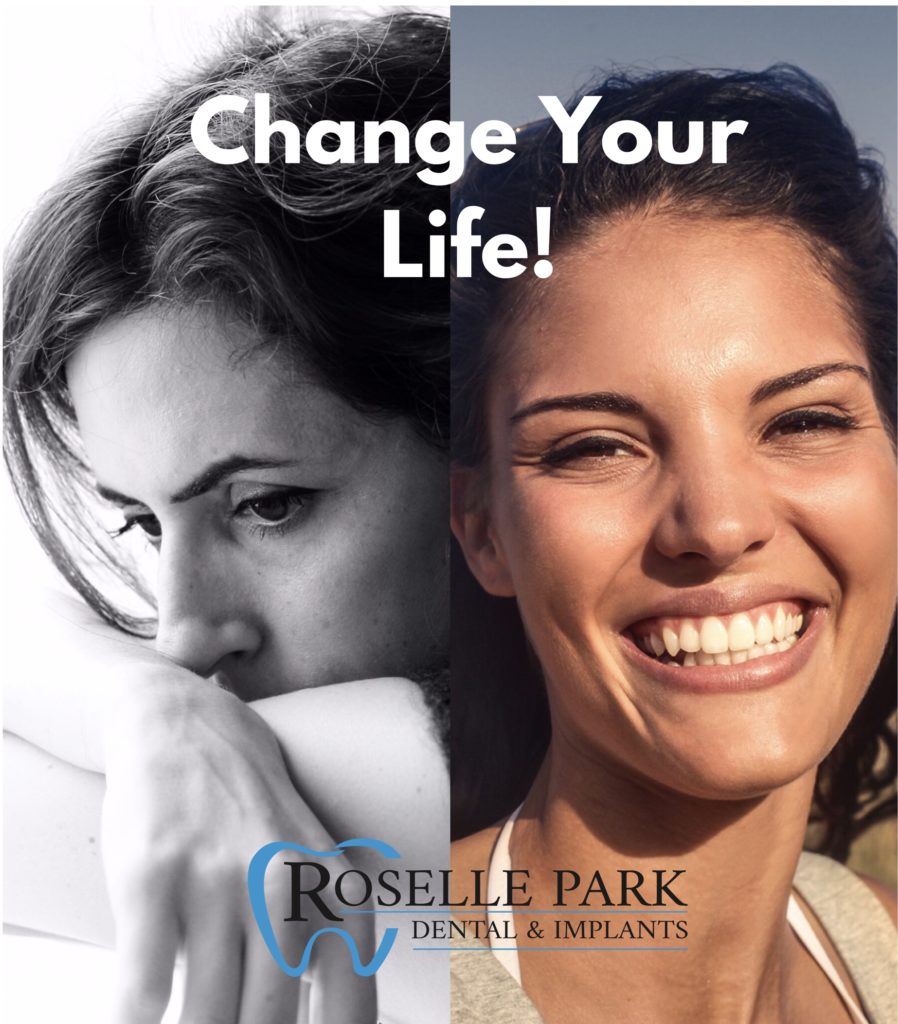
August 2, 2019
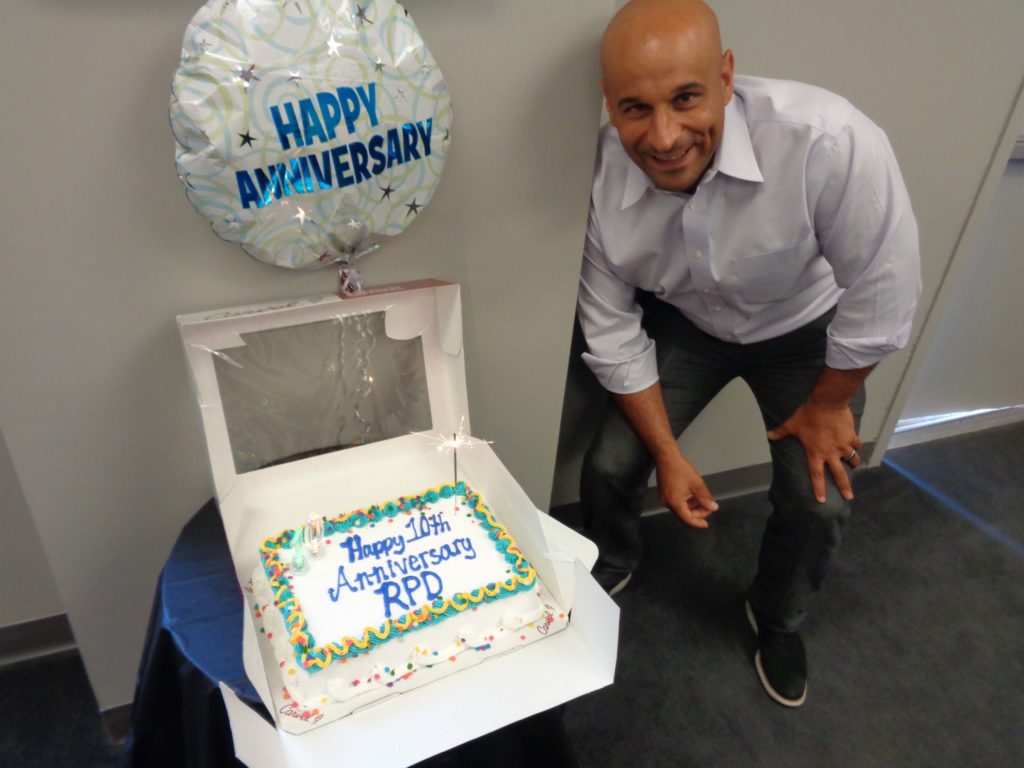
July 31, 2019
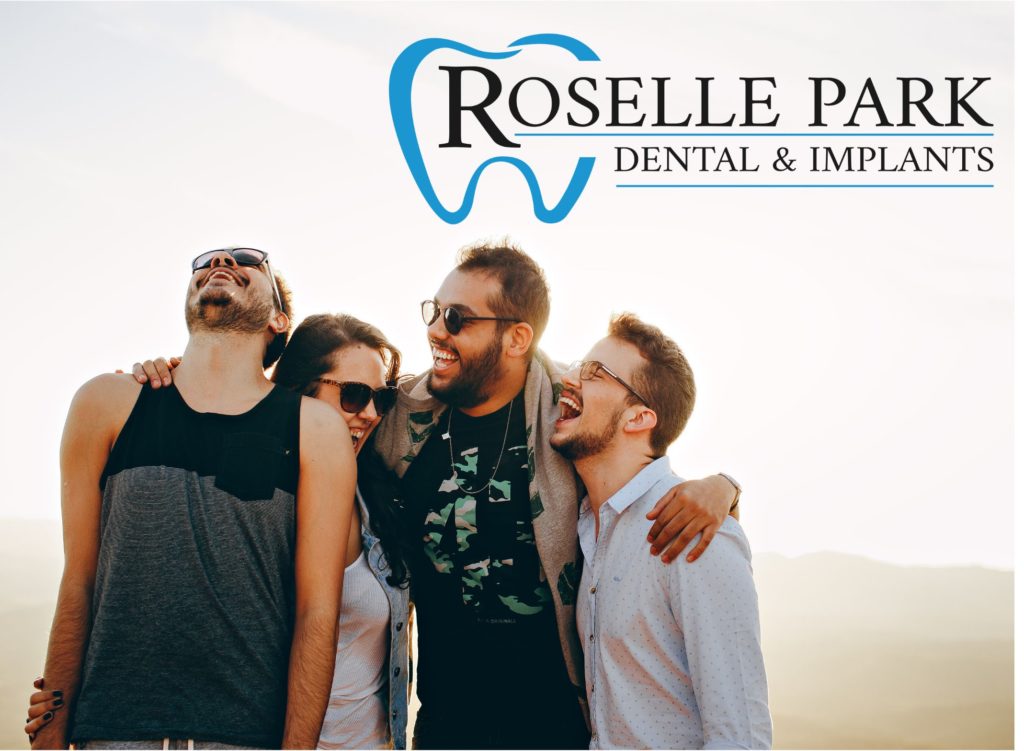
Have you heard about our patient referral program??? Tell a friend, neighbor, or family member how much you love our dental practice! If they come visit us, you will get $50 towards your next dental treatment, and they will also receive $50 towards their first dental treatment with us*!
Call us today to learn more: 908-364-5109.
*New patients must be able to provide the correct first and last name of the referring patient to participate in the referral program.
#referafriend #patientreferrals #sharingiscaring #dentist #dentalimplants #rosellepark #cranfordnj
July 30, 2019
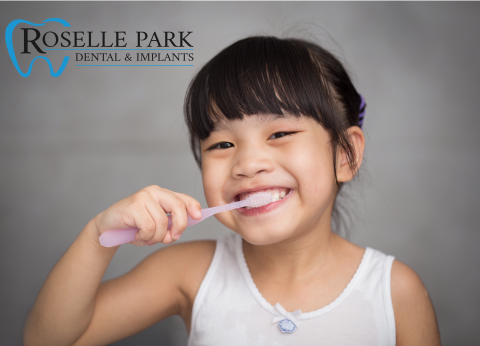
Brush properly: The way you brush is equally important — in fact, doing a poor job of brushing your teeth is almost as bad as not brushing at all. Take your time, moving the toothbrush in gentle, circular motions to remove plaque. Unremoved plaque can harden, leading to calculus buildup and gingivitis (early gum disease).
(Source: www.healthline.com)
July 29, 2019
We’re proud to offer LANAP or Laser-Assisted New Attachment Procedure as a state-of-the-art method for treating periodontal gum disease. This modern laser is a big improvement over traditional tools allowing us to selectively remove diseased areas of tissue while at the same time encourage the growth of healthy tissue!
Call us today – 908-998-4698 – and ask about LANAP! A laser assisted procedure that can help treat gum disease for good!
